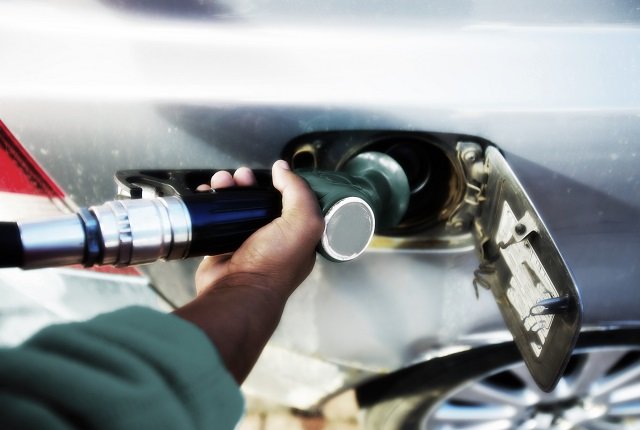‘Worse to come’ for global petrol and energy prices
The International Energy Agency (IEA) says that crippling energy shortages and high fuel prices across the globe may get worse.
According to Bloomberg, the executive director of the IEA, Fatih Birol, said on Tuesday at a global energy forum in Sydney that the world has never witnessed such a significant energy crisis in terms of its depth and complexity.
“We might not have seen the worst of it yet — this is affecting the entire world,” said Birol.
The IEA is an international agency spanning 31 member countries and eight association countries – of which South Africa is one. The IEA seeks to help coordinate a collective response to major disruptions in the supply of oil and analyse other trends in the international energy sphere.
The agency said that the pressure on energy supply chains from Covid-19-related lockdowns had been compounded by Russia’s invasion of Ukraine, with supply disruptions and soaring prices affecting a wide range of critical commodities.
South African consumers currently face record-high fuel prices of R26.74 a litre for 95 petrol (inland) and R25.53 for 0.005% wholesale diesel.
Not only does the pressure on global supply chains affect international fuel prices, but the turmoil undermines the pace of clean energy transitions, said the IEA.
The current energy crisis hinders the production of EVs or the deployment of renewables, calling for quick action by governments to counter these challenges.
“To durably address the challenges we’re facing from today’s global energy crisis, we need an immediate and massive expansion of clean energy technologies to build a resilient and affordable energy system,” Birol said.
“Establishing secure and sustainable supply chains for these technologies is essential.”
The IEA recommended that there be increased investment in research, development and demonstration to spawn technologies and manufacturing processes that rely on smaller quantities of critical minerals or on a more diversified mix.
South Africa has taken steps to transition away from coal, with President Cyril Ramaphosa writing in the Presidental Climate Commission Review that new climate change laws are to be introduced.
“Our Climate Change Bill, which is currently being considered by Parliament, will provide the necessary legal basis for us to meet our ambitious climate commitments,” said Ramaphosa.
The IEA added that it is necessary to ensure that there is an appropriately trained and skilled workforce to work along clean energy technology supply chains.
Ramaphosa recently noted that the government would consult with coal miners who might lose their job due to the transition and ensure that support for them is provided
International fuel price cap
At the recent G-7 summit in which President Cyril Ramaphosa participated, major economic leaders explored the proposal to cap the price of Russian oil exports, said Bloomberg.
The price cap could likely prevent another global price spike to around $140 per barrel.

Countries from the European Union are on track to end the majority of their oil imports from Russia by the end of the year, added Bloomberg.
“Separately, the EU and UK plan to ban the insurance of tankers carrying Russian petroleum products.”
As a result of the EU, UK and US insuring an estimated 90% of Russia’s seaborne oil shipments globally, the move could deprive the global market of as much as 5 million barrels a day of oil and refined petroleum products.
Bloomberg said that closing the tap on Russian oil completely would also be economically and politically dangerous in a world beset with inflation.
Read: Why South Africa ranks as one of the worst places to live right now

